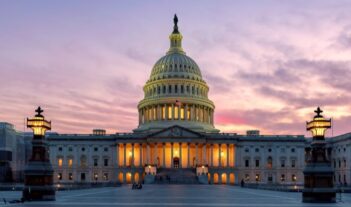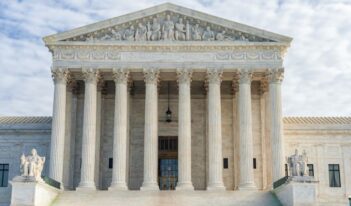Evaluating Transparency of State Governments
Scholars explore the differences among states’ implementation of freedom of information laws.
Decision About Immigration Judges May Change the Game
A recent court decision may help protect civil servants unlawfully removed by the Trump Administration.
Challenging Presidential Directive Authority
Judicial review does not easily address problematic exercises of presidential influence in agency rulemaking.
An Uncertain Future for Tax Regulation After Loper Bright
The unique history of tax regulation presents several possibilities for courts.
President Trump’s Deregulation Initiatives Are Exercises in Futility
The Trump Administration will struggle to convince courts to uphold the repeal of many agency rules.
The Demise of Agency Independence and the FCC
The likely end of the FCC’s independence should spur Congress to overhaul the agency.
Public Engagement in Expedited Agency Rulemaking
ACUS recommends inviting public participation in rulemaking even when agencies forgo notice and comment.
The Perils and Promise of AI in Regulatory Enforcement
ACUS recommends best practices for AI and algorithmic tools to detect and prosecute regulatory violations.
Expanding Access to Nonlawyer Representation in Agency Adjudications
ACUS recommends allowing nonlawyers to represent parties in agency adjudications.
Toward a More Accessible and Accountable Administrative State
ACUS recommends best practices for nonlawyer representation, AI tools, and public participation in rulemaking.
The Labor Board Needs Restructuring, Not Destruction
The National Labor Relations Board would benefit from the creation of a new court.
What Is a Strong Nondelegation Doctrine?
Reinvigorating nondelegation requires not just a reformulation of the doctrine, but also a willingness to apply it.












